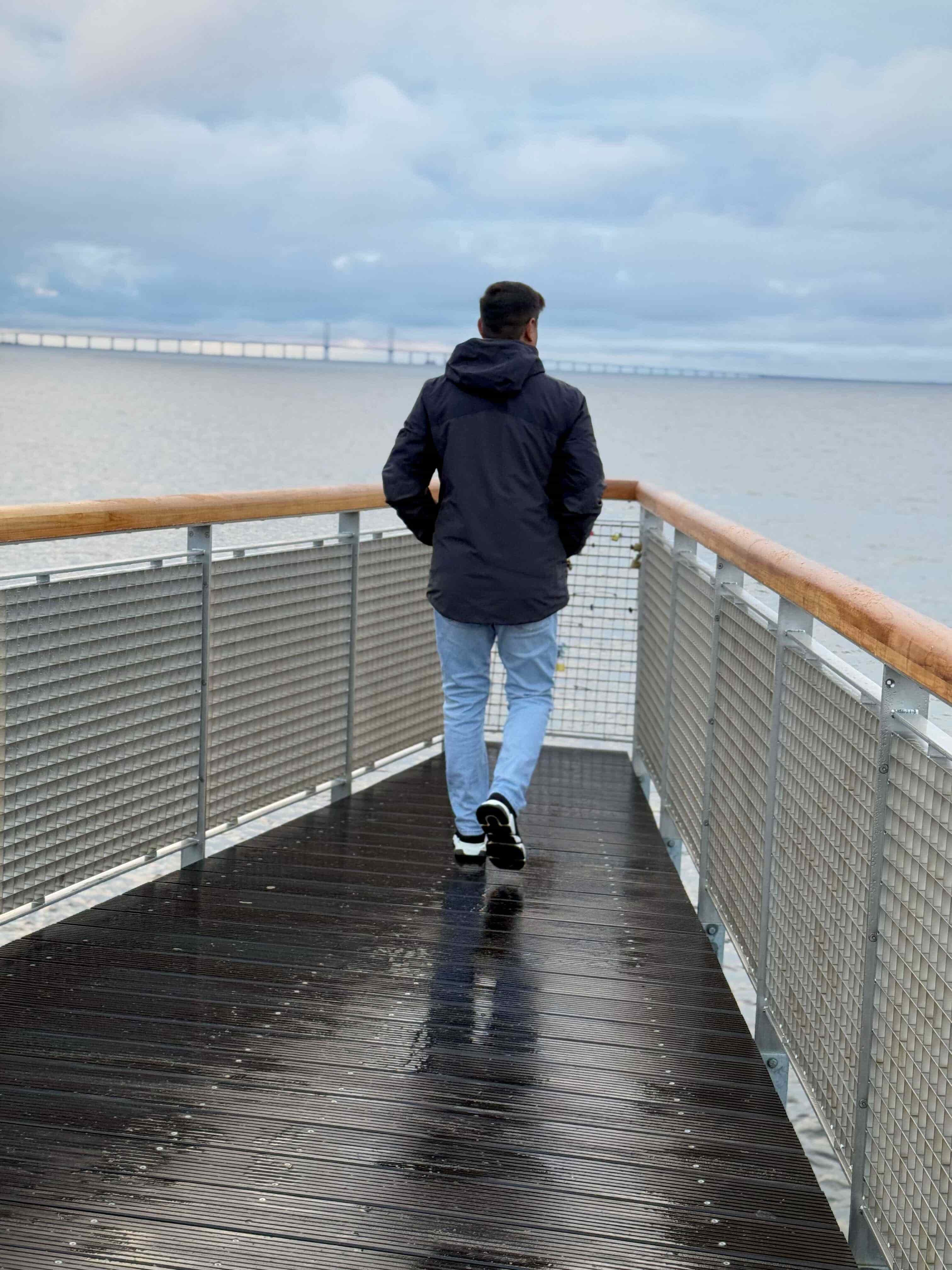Remote Work Adventures: A Developer's Guide to European Capitals
Lessons learned from working remotely across 15 European cities - from co-working spaces to cultural insights.

TL;DR
Remote work from European capitals requires balancing professional excellence with infrastructure challenges—time zone coordination, reliable internet, quality workspaces, and cultural adaptation. Amsterdam, Stockholm, and Berlin offer top-tier tech infrastructure, while Lisbon provides emerging opportunities with growing digital nomad communities.
Remote Work Adventures: A Developer's Guide to European Capitals
The rise of remote work has transformed Europe's capitals into dynamic tech hubs where developers can maintain professional excellence while experiencing diverse cultures. As someone providing software architecture consulting services, understanding how different European environments affect productivity and team collaboration has become essential for modern technical leadership.
The Digital Nomad Reality Check
Remote work from European capitals isn't just an extended vacation—it's a sophisticated balance of maintaining professional standards while navigating new environments, time zones, and cultural expectations. Success requires systematic approaches to productivity, communication, and infrastructure management that align with software engineering best practices.
Essential Challenges Every Remote Developer Faces:
Time Zone Coordination: Managing overlapping hours with distributed teams while respecting local business customs becomes crucial for enterprise application development guidance. European time zones create unique opportunities for collaboration with both Asian and American teams.
Infrastructure Reliability: Ensuring consistent connectivity for critical deployments, architectural reviews, and client meetings. Internet reliability directly impacts your ability to deliver scalable software solutions consultant services effectively.
Workspace Optimization: Finding productive environments that support deep technical work, from complex system design to code reviews. The quality of workspace infrastructure often determines success in technical architecture review services.
Cultural Professional Integration: Adapting communication styles and work rhythms to local customs while maintaining global team coherence—essential for software development mentoring across diverse cultural contexts.
City-by-City Technical Infrastructure Insights
🇳🇱 Amsterdam, Netherlands offers exceptional tech infrastructure with world-class co-working spaces and English-friendly environments. The robust internet connectivity supports demanding technical work, making it ideal for cloud architecture consulting and complex system development.
🇩🇪 Berlin, Germany provides an unmatched startup ecosystem with numerous tech meetups and networking opportunities. The city's creative technical community makes it perfect for innovation-focused software development lifecycle work and architectural experimentation.
🇵🇹 Lisbon, Portugal represents an emerging tech hub with growing digital infrastructure. While connectivity can be inconsistent outside central areas, it offers excellent opportunities for client-facing software development mentoring and strategic consulting work.
🇸🇪 Stockholm, Sweden delivers world-class digital infrastructure with Scandinavian efficiency. The city's innovative work culture and excellent English proficiency create optimal conditions for high-performance technical architecture work.
Technical Stack Essentials:
- Multiple VPN solutions for reliability and security compliance
- Backup internet through local mobile hotspots
- Professional portable office setup with noise-canceling equipment
- Robust communication tools for seamless team collaboration
Productivity Framework:
- Core hours alignment maintaining 4-6 hour overlap with primary teams
- Dedicated deep work blocks for complex architectural tasks
- Active participation in local tech communities for professional growth
- Consistent health and routine maintenance for sustained performance
Cultural Professional Adaptation
European work cultures offer valuable lessons for global technical leadership:
Germanic Cultures emphasize direct, structured communication—ideal for technical architecture reviews and systematic project planning.
Nordic Cultures promote consensus-driven approaches and flat hierarchies—excellent for collaborative software development and team building.
Mediterranean Cultures focus on relationship building—valuable for client consulting and long-term professional partnerships.
Infrastructure and Legal Considerations
Connectivity Standards: European internet infrastructure varies significantly, with Netherlands, Denmark, and Sweden offering premium connectivity, while Portugal and Eastern European countries are rapidly improving their technical infrastructure.
Professional Legal Framework: Understanding tax implications, visa requirements, and professional service regulations becomes crucial for maintaining compliant consulting practices across borders.
Future Implications for Technical Leadership
The European remote work evolution creates unprecedented opportunities for software architecture consulting services. Key trends include government digital nomad visa initiatives, infrastructure investment in emerging tech hubs, and cultural shifts toward flexible professional arrangements.
Remote work from European capitals offers exceptional opportunities for technical professional development, cultural enrichment, and business expansion. Success requires approaching it with the systematic thinking applied to software architecture—careful planning, robust infrastructure, and continuous optimization based on measurable outcomes.
The key is maintaining professional excellence while leveraging the unique advantages each European capital offers for technical innovation and business growth.
